Automation’s Role in Overcoming Key Industry Challenges
Tessy Automation Industrial Digest
Welcome to the October edition of Tessy Automation’s Industrial Automation Digest! This month, we explore how automation is driving efficiency and innovation across key industries. In medical supply manufacturing, automation is enhancing precision and speeding up production to meet healthcare demands. Industrial settings face unique challenges in managing automated systems, from outdated documentation to equipment obsolescence, underscoring the need for proactive solutions. In healthcare, automation is streamlining administrative processes and improving patient data management. We also examine the role of AI-powered cameras in boosting quality control, and the importance of traceability systems in food production to meet new regulatory requirements. These advancements showcase automation’s growing influence on productivity and compliance.
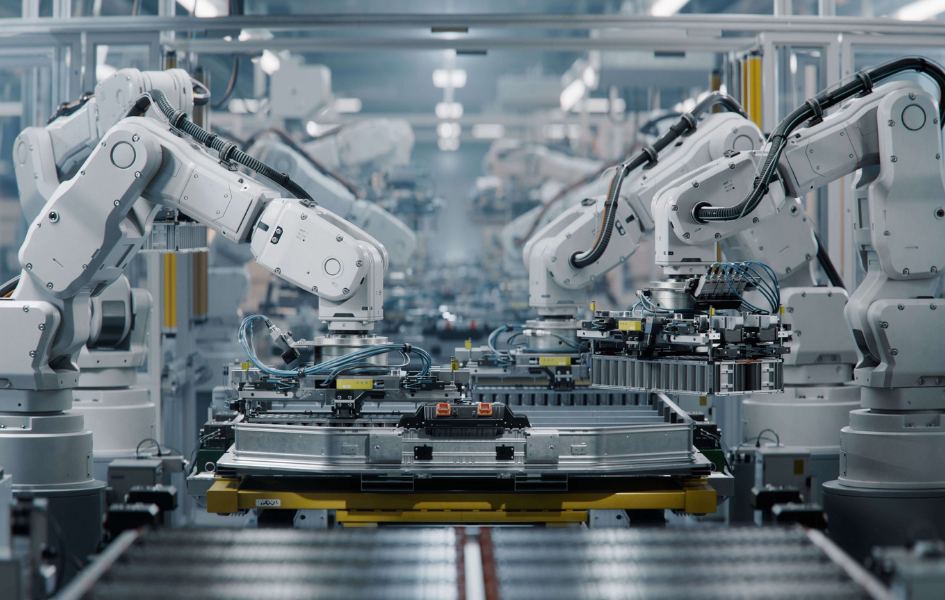
Industrial Automation in Medical Supply Manufacturing: Revolutionizing Healthcare
Automation is playing a pivotal role in transforming medical supply manufacturing by streamlining production processes and increasing overall efficiency. The integration of advanced systems is helping manufacturers meet the rising demand for high-quality, reliable medical products while maintaining cost-effectiveness. By automating tasks such as assembly and packaging, companies are minimizing human error, boosting output, and improving precision. This shift not only accelerates production timelines but also ensures compliance with stringent industry standards, positioning automation as a critical tool for addressing modern healthcare needs. Read more.
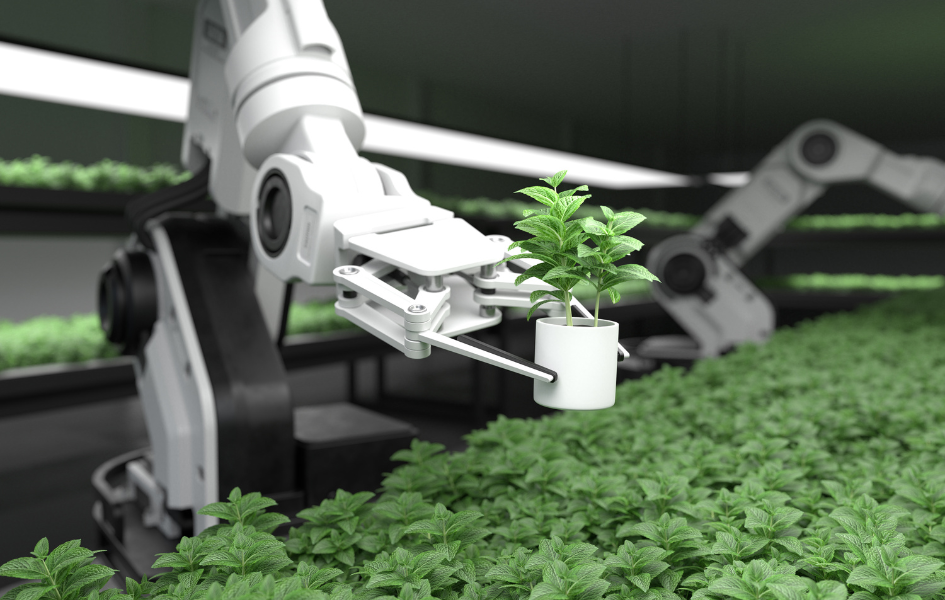
3 Key Challenges of Automated Industrial Environments
This article highlights three major challenges faced in maintaining automated industrial environments. First, the lack of proper documentation and schematics can cause significant delays during repairs or system modifications, as teams are forced to reverse-engineer solutions. Second, environmental factors, such as extreme temperatures and corrosive materials, can damage sensitive electronics, emphasizing the need for proper enclosure and cooling practices. Finally, dealing with obsolete equipment is crucial to avoiding unplanned downtime. Proactive management of aging systems, combined with regular updates and preventive maintenance, is essential to keeping operations running smoothly and minimizing disruptions. Continue reading.
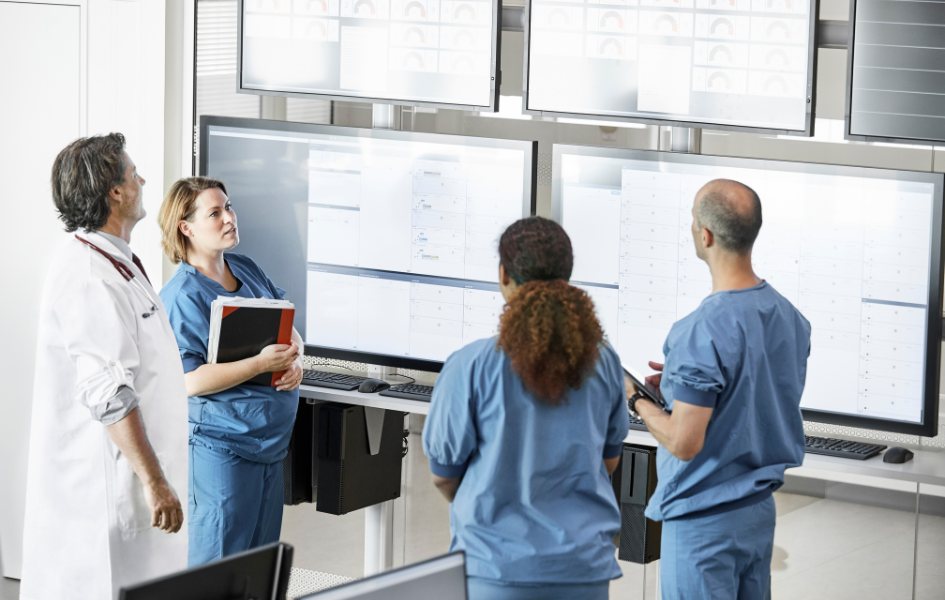
Understanding How Automation is Affecting the Healthcare Industry
Digital technology is streamlining healthcare processes, improving efficiency in areas like appointment scheduling, data management, and patient support. These automated systems reduce the strain on administrative staff, freeing up more time for patient-centered care. AI is further enhancing healthcare by aiding in early detection of diseases, offering more accurate diagnoses, and tailoring treatment plans to individual needs. This technological shift is helping healthcare providers operate more effectively while delivering better outcomes for patients. Read the full article.
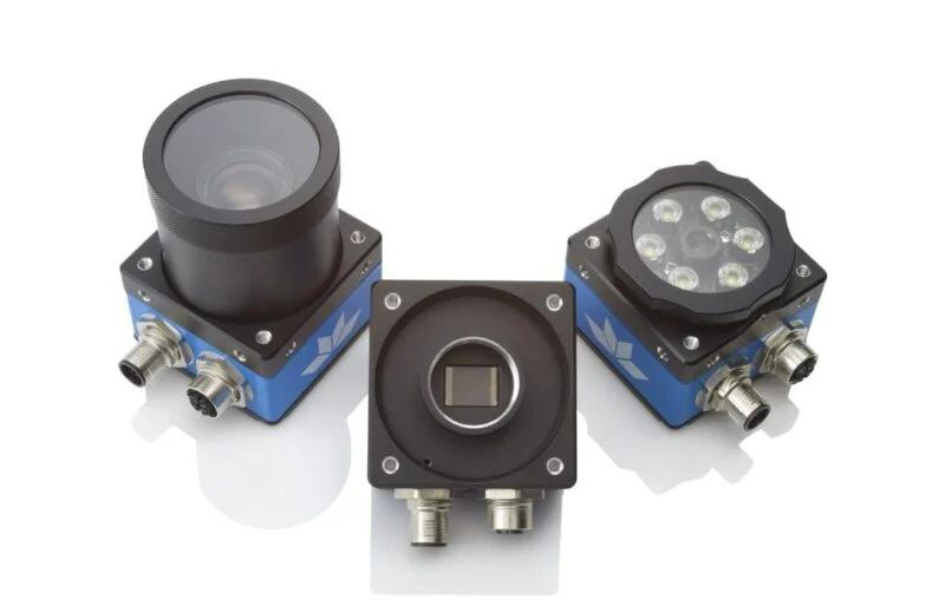
AI-Powered Smart Camera for Industrial Automation and Inspection
Teledyne DALSA has introduced its latest AI-powered smart camera, the BOA3, designed for industrial automation and inspection. The BOA3 integrates advanced sensor technology, AI-based inspection tools, and no-code software, making it highly adaptable for quick and cost-effective machine vision applications. Available in several sensor resolutions, from 1.2MP to 12MP, it also supports easy installation with Power-over-Ethernet and ruggedized components. The camera’s AI tools enable precise defect detection, pattern recognition, and barcode reading, providing manufacturers with a versatile solution for high-precision inspections. Future versions with additional features, including color sensors, are expected in 2024. Keep reading.
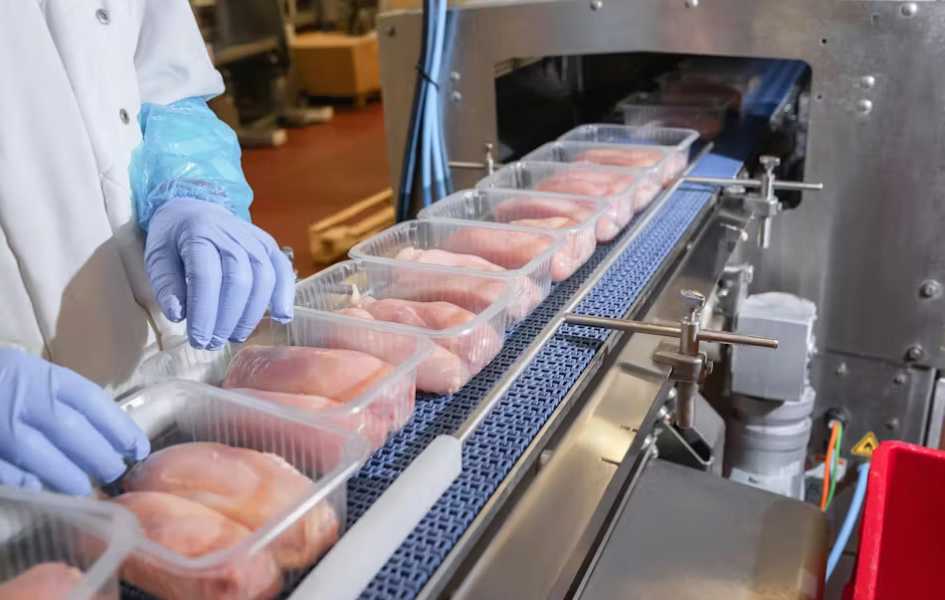
Future-Proof Your Food Production Operations
With the upcoming enforcement of the Food Safety Modernization Act (FSMA) Rule 204, food manufacturers are focusing on advanced traceability systems to meet new regulatory requirements. This rule requires manufacturers to capture and maintain specific data throughout the supply chain, allowing for rapid identification of potential contamination. By adopting digital record-keeping systems, manufacturers can ensure compliance while improving operational efficiency and reducing risks. Preparing now, through system upgrades and staff training, will help food producers avoid last-minute challenges and future-proof their operations as regulations continue to evolve. Read more here.
